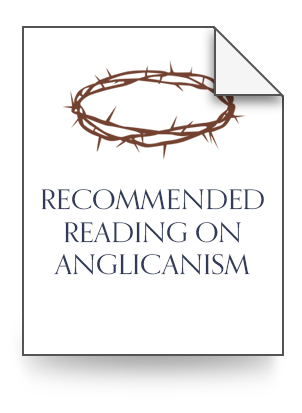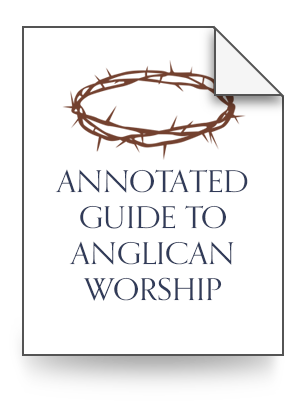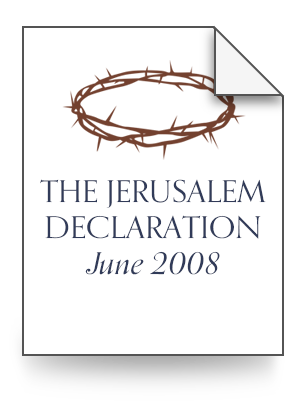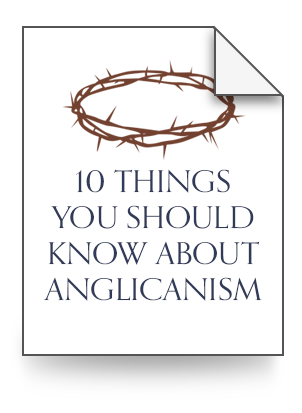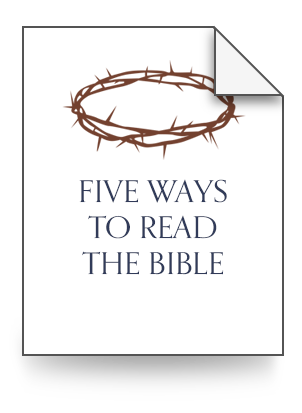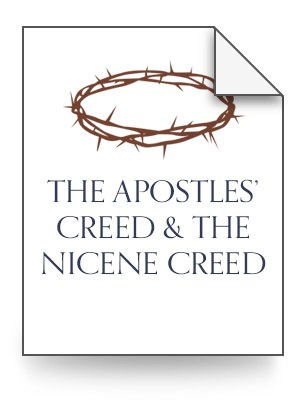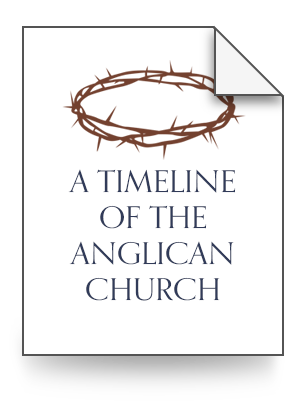“What did you say? Angelican?”
No, not angel-ican; we’re just Anglicans, which is just another way to say “originating from England.” The Anglican Christian tradition goes way back to the 2nd century and carries on to our day. Indeed, most American church traditions stem from the Anglican Church (even John Wesley was an Anglican priest to the day he died).
Today, there are more Anglicans worshipping in the country of Nigeria than in all of North America and the British isles combined. The worldwide Anglican Communion is incredibly diverse and growing.
So what does it mean to be an Anglican?
Anglicans are Christian
First and foremost, Anglicans are orthodox Christians. We believe what Christians have believed in all places and for all time.
- The Canon. The Bible is the foundational source of all that we need for salvation and godliness. We believe and proclaim the 66 canonical books of the Old and New Testaments.
- The Creeds. The ancient baptismal creed, the Apostles’ Creed, accurately summarizes the core teachings of the Bible, along with the Nicene Creed, which reflects four centuries of clarification on core Christian teaching.
- The Councils. The four catholic (universal) councils of the early church, reflected in the creeds and the writings of the early church fathers.
- The Church. We receive all of this, the Canon, the Creeds, and the Councils, through a long line of faithful guardians of the gospel message reflected in the historic episcopacy: faithful bishops going all the way back to the first Apostles and eyewitnesses of Jesus.
Anglicans are Reformed
Our Anglican tradition goes way back before the 16th century. But like other traditions that stem from the continental reformers, Anglicans are children of the Reformation. The 39 Articles reflect our Reformed heritage.
One hundred years before the Reformation, Anglicans translated the Bible into English (see John Wycliffe in the 14th century, and later, the King James Bible in 1611). In the 16th century, the 69th Archbishop of Canterbury, Thomas Cranmer (a married man) compiled and wrote the first Book of Common Prayer (BCP) aiming to get the Bible and the Great Tradition into the hearts and minds of every Christian (not just clergy and monks).
Cranmer encouraged prayer and Bible reading as the regular pattern for all Christians, not just clergy, and this Reformed tradition continues to this day in our BCP, published in 2019.
Anglicans are lower-case “c” catholic
Like most of the Reformers, Christians in England (Anglicans) rejected many of the extravagances and heterodox teachings of the church in Rome. They did not, however (again, like most of the Magisterial Reformers), reject the tradition of the one, holy catholic (which just means “universal”) Church. They rejected many points of Roman Catholic teaching because they were catholic. Anglicans are not Roman Catholic. But we are catholic (See “Anglicans are Christian” above).
